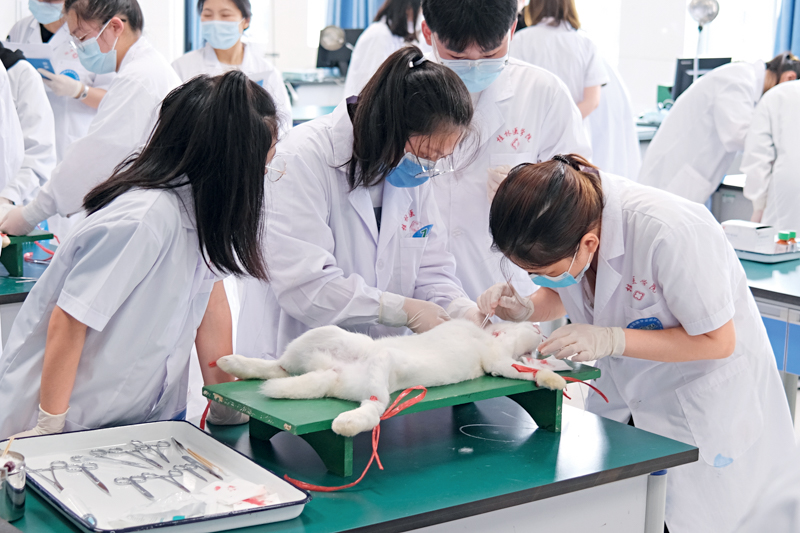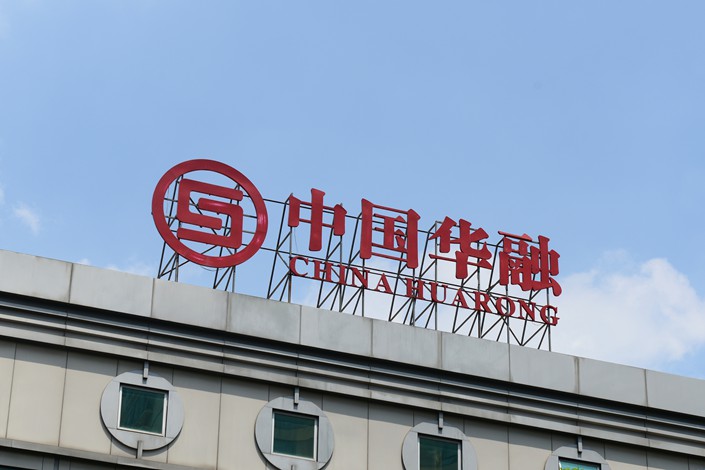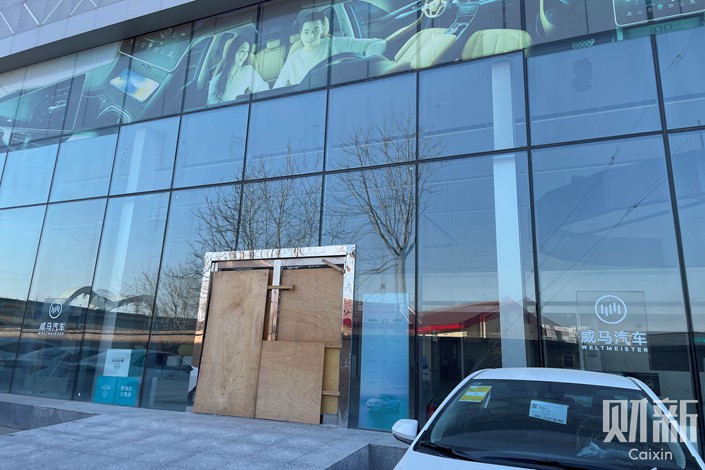CX Daily: Why Medical Students in China Are Faking Their Way to a Doctor’s License

Doctors /
In Depth: Why medical students in China are faking their way to a doctor’s license
Clinical studies graduate Liang Feng decided to use forged documents to sit the national physician licensing exam after discovering she was not eligible because she had not spent a year on probation at a medical facility. Liang paid 8,000 yuan ($1,180) to an institution that took care of everything, including creating a fake probationary certificate and a registration form.
“It was like I borrowed someone else’s body,” the resident of South China’s Guangdong province told Caixin, explaining that the school, degree and workplace on the registration form were false. She used the fake documents to pass the necessary pre-exam inspection.
Turkey /
China to send $6 million in emergency aid to quake-hit Turkey
China will provide 40 million yuan ($5.9 million) in emergency aid to Turkey after a 7.8 magnitude earthquake struck near the country’s southern border with Syria, killing at least 7,000 people.
Beijing is also sending a heavy-duty urban rescue team, medical teams and disaster relief supplies, Deng Boqing, vice chairman of the China International Development Cooperation Agency, said Tuesday in a statement.
Flights /
Beijing tells Taipei that mainland is ready to resume cross-strait flights
China’s Taiwan Affairs Office said Wednesday that the Chinese mainland is ready to resume all cross-strait direct flights without restrictions and urged Taiwan to stop using Covid-19 as an excuse to delay the resumption.
Office spokesperson Zhu Fenglian said the mainland contained its Covid outbreak, and compatriots in Taiwan and the mainland — as well as the airline industry — are “eagerly awaiting the full resumption of cross-strait direct flights,” according to state broadcaster CCTV.
FINANCE & ECONOMY
Scandal-ridden financial conglomerate, Huarong, has been trying to sell assets to repay its debts, often with few takers. Photo: VCG
Trust /
Huarong rescue moves forward with 6.15 billion yuan trust unit sale
A state-backed bailout fund completed its 6.15 billion yuan ($907 million) takeover of a trust subsidiary of China Huarong Asset Management Co. Ltd., marking the latest step in the multibillion-dollar restructuring of the scandal-plagued state-owned financial conglomerate.
The trust firm, Huarong International Trust Co. Ltd., announced Monday that the completion took place on Feb. 1, about a month after Huarong transferred its entire 76.79% stake to China Trust Protection Fund Co. Ltd. Li Yongfeng, a vice president of the trust bailout fund manager, was appointed Communist Party chief of Huarong International Trust, according to the announcement.
PayPal /
PayPal China unit gets ready to juice up its business
PayPal Payments (Beijing) Co. Ltd., a wholly owned subsidiary of U.S. fintech giant PayPal Holdings Inc., won approval from the Chinese central bank to almost double its registered capital to 4.52 billion yuan ($666 million), which will be the largest capital base of any nonbank payment provider in China.
The amount dwarfs those of China’s nonbank mobile payment duopoly, Alipay and Tenpay, which together control more than 90% of the market.
Funds /
China speeds up approval of wholly foreign-owned fund managers
China picked up the pace for opening up its domestic stock market by approving four wholly foreign-owned fund managers in just over a month this year, compared with only one such approval last year.
Last week, Morgan Stanley gained full control of its fund management joint venture in China after the China Securities Regulatory Commission (CSRC) gave approval for the U.S. bank to boost its stake in the Shenzhen-based Morgan Stanley Huaxin Fund Management Co. to 100%.
Quick hits /
Hong Kong could surpass Singapore with borders now open
U.S.-China goods trade hits record even as political split widens
BUSINESS & TECH
The WM Motor User Center in Fangshan District, Beijing is closed and empty. Photo: An Limin/Caixin 
Electric cars /
WM Motor dealers are turning out the lights
Some dealerships in WM Motor Holdings Ltd.’s network halted operations due to supply chain disruptions, casting a shadow over the money-losing electric vehicle (EV) startup as it vies with a crowded field of rivals in the world’s largest auto market.
The closures could deal a fresh blow to the Shanghai-based firm, which is exploring a back-door listing in Hong Kong using a smart mobility solutions company backed by billionaire Li Ka-shing.
NFTs /
NFTs, metaverse get digital cold shoulder in Beijing
Beijing’s city market regulator warned the public to steer clear of firms promising big returns with little risk from investments in nonfungible tokens (NFTs) and the metaverse, extending a years-long campaign to stamp out fraud in China’s young wealth management industry.
Firms making such promises are typically fraudulent or engaged in illegal activities, and investors who believe them can end up losing their money, the Beijing Municipal Administration for Market Regulation said in an announcement on its verified WeChat account Tuesday.
Luxury /
China’s luxury market contracts for first time in five years
China’s luxury market contracted 10% in 2022, ending a five-year streak of growth as Beijing’s “zero-Covid” policy and a slowing economy hit spending, Bain & Co. said Tuesday in a report.
Repeated Covid-related lockdowns starting in the second quarter curbed travel and consumption, with shopping mall traffic falling by 30% to 35%, the management consulting company said.
Quick hit /
Senators press Zuckerberg over risks from China developers
Long Read /
Is someone stealing Chinese New Year?
GALLERY
Rescuers race to save quake survivors
 |
Recommended newsletter for you /
Caixin Must-Read Newsletter brings you the best of our coverage and stories you can’t miss. You can opt-in now and get hand-picked news coverage delivered to your inbox each week for free.
Thanks for reading. If you haven’t already, click here to subscribe.
- PODCAST
- MOST POPULAR




